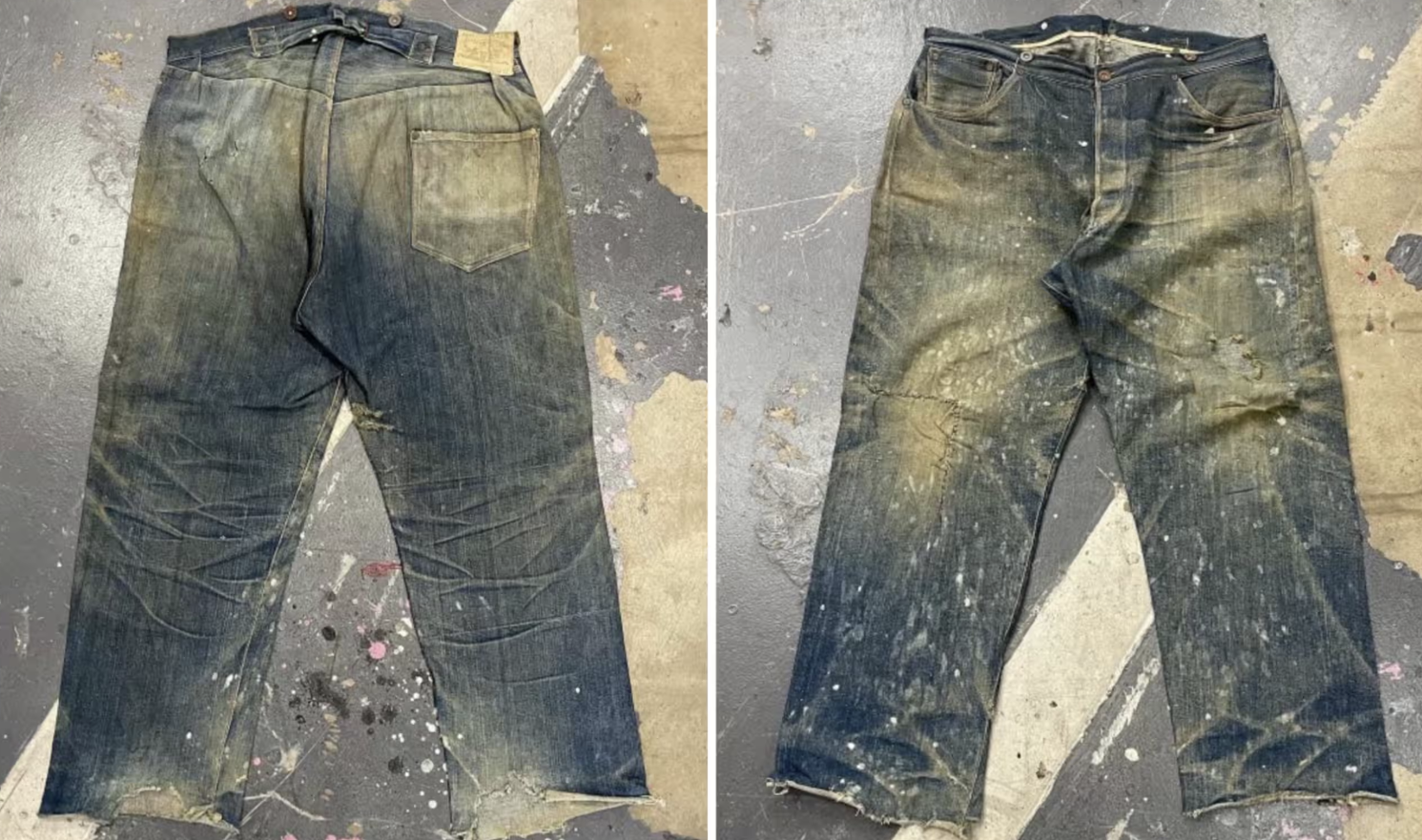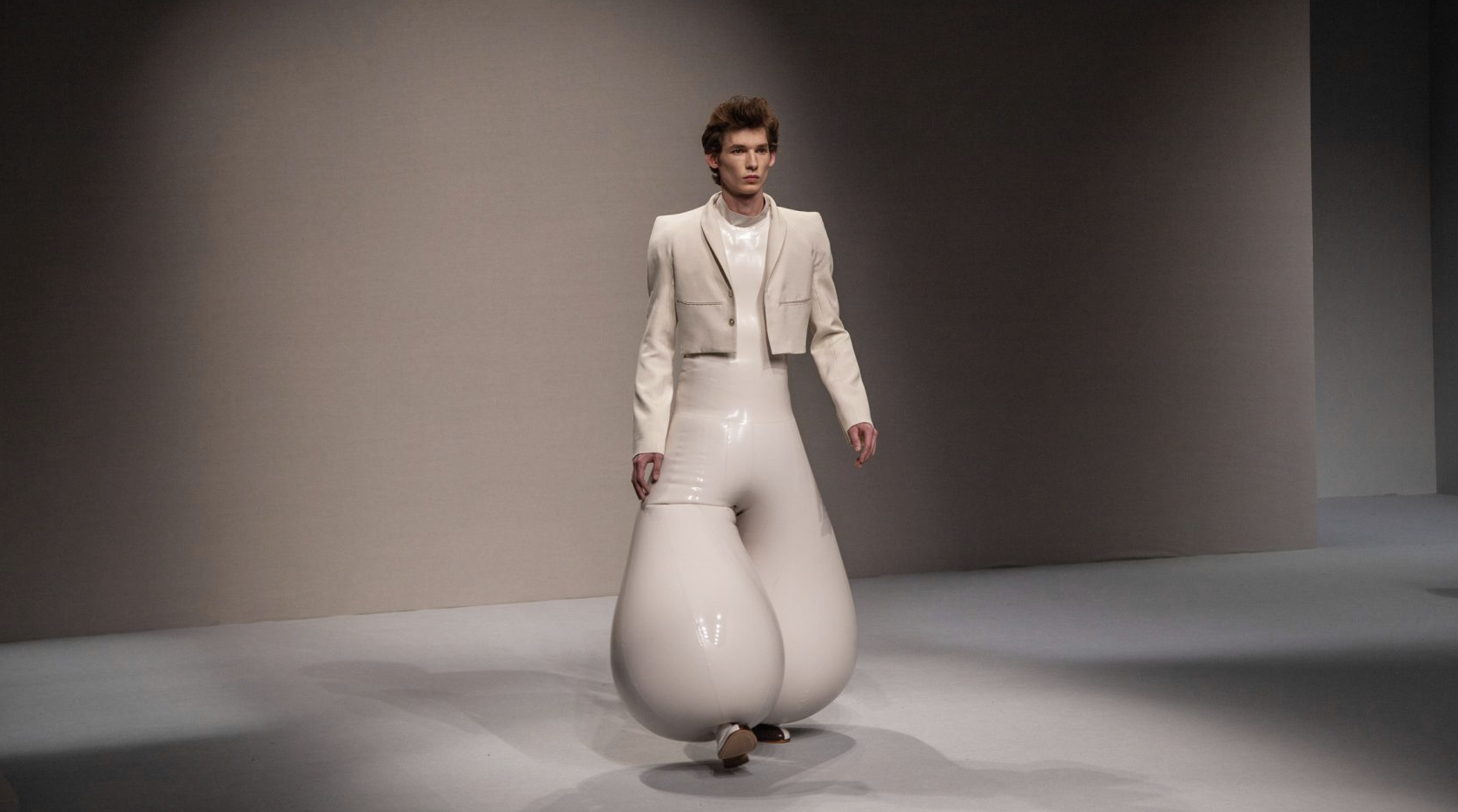It’s 2025, and self-improvement culture is everywhere. From biohacking and 4 a.m. wake-up calls to cold plunges, optimized morning routines, and relentless hustle, men are constantly told they must be striving to be the best version of themselves. But at what point does this culture of constant self-betterment start to feel less like motivation and more like an obsession?
There was a time when being a well-rounded man meant having a stable job, a fulfilling social life, and a good sense of humor. Today, though, it seems like society expects men to wake up at dawn, meditate, journal, practice breathwork, drink a nutrient-packed smoothie, hit the gym, and fit in some professional development—all before breakfast. The pressure to make the most of every waking moment is overwhelming, and it begs the question: is all this striving really worth it?
The productivity trap is at the heart of this phenomenon. Hustle culture has ingrained the idea that any moment of downtime is wasted. If you’re not constantly leveling up, you’re falling behind. Podcasts, YouTube channels, and Instagram influencers dedicated to “becoming your best self” are reinforcing this relentless narrative daily. But here’s the thing: more and more men are beginning to ask whether all this effort is truly making them happier. If waking up at 4 a.m., meticulously tracking every calorie, and structuring each day with military precision aren’t bringing more joy, then what’s the point?
The Mental Load of Optimisation
Beyond the physical exhaustion, there’s a significant mental toll that comes with this constant drive to improve. Sleep trackers measure whether you’ve had a “good” night’s rest, smartwatches nudge you to move every hour, and productivity apps remind you to squeeze in one more task. The obsession with being the best can quickly spiral into burnout, anxiety, and the sense that no matter how much you achieve, it’s never enough.
For some, this creates a paradox: the more they try to improve their mental and physical well-being, the more stressed they feel about not doing enough. There’s a fine line between genuine self-improvement and self-flagellation, and many are beginning to realize they might have crossed it.
The Joy of Just Existing: The Antidote?
Maybe the antidote to this relentless pursuit of self-optimization isn’t another system or strategy, but the realization that it’s okay to just be. There’s nothing wrong with wanting to be healthier, wealthier, or wiser—but not at the expense of joy, spontaneity, and genuine human connection.
Sometimes, the most valuable moments aren’t the ones filled with productivity and efficiency. A leisurely coffee with friends, an unstructured weekend, or even a few hours spent doing absolutely nothing might be just as valuable as checking off another milestone.
So, are men going bananas over self-improvement? Maybe. But the good news is they’re starting to question whether all of this optimization is truly worth it. The answer may lie in embracing life as it is—flaws, inefficiencies, and all. In the end, maybe the best form of self-improvement is learning to just live in the moment.













